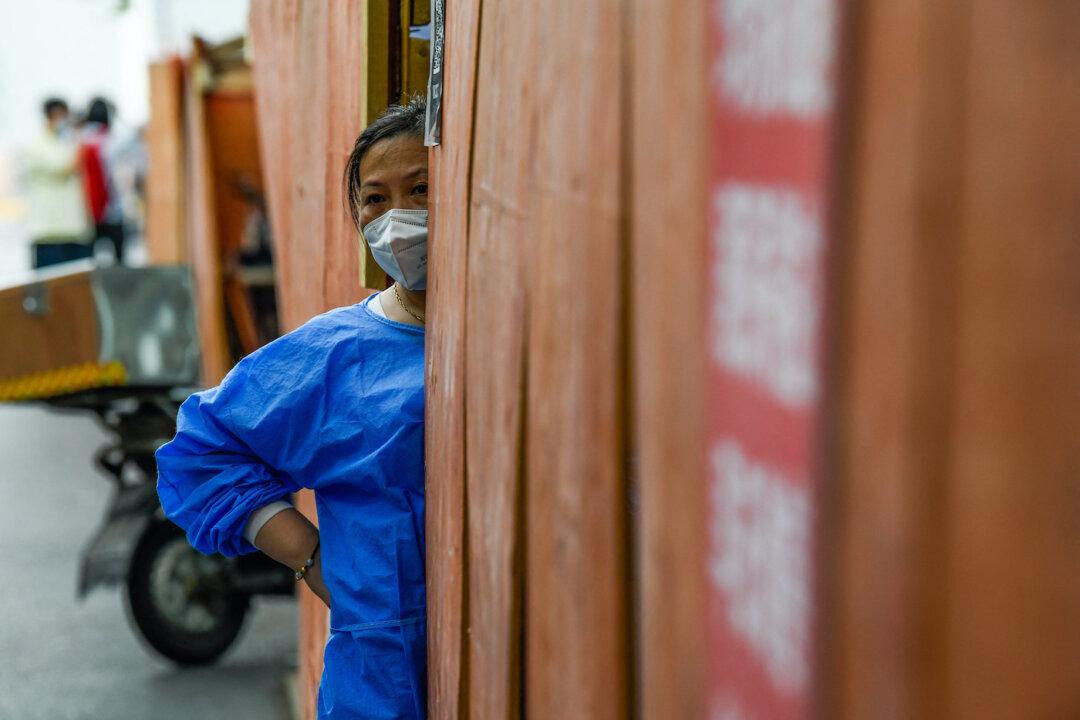Shanghai’s Communist Party chief Li Qiang on June 25 announced that the financial hub had finally won its three-month battle fighting COVID-19. However, it came at a huge cost to the Shanghai economy while creating immense suffering for the city’s 25 million people.
Li declared the victory at a municipal meeting of Chinese Communist Party (CCP) representatives and attributed the “victory” to the CCP-led political system and the authorities’ firm adherence to the “dynamic Zero-COVID” policy.





